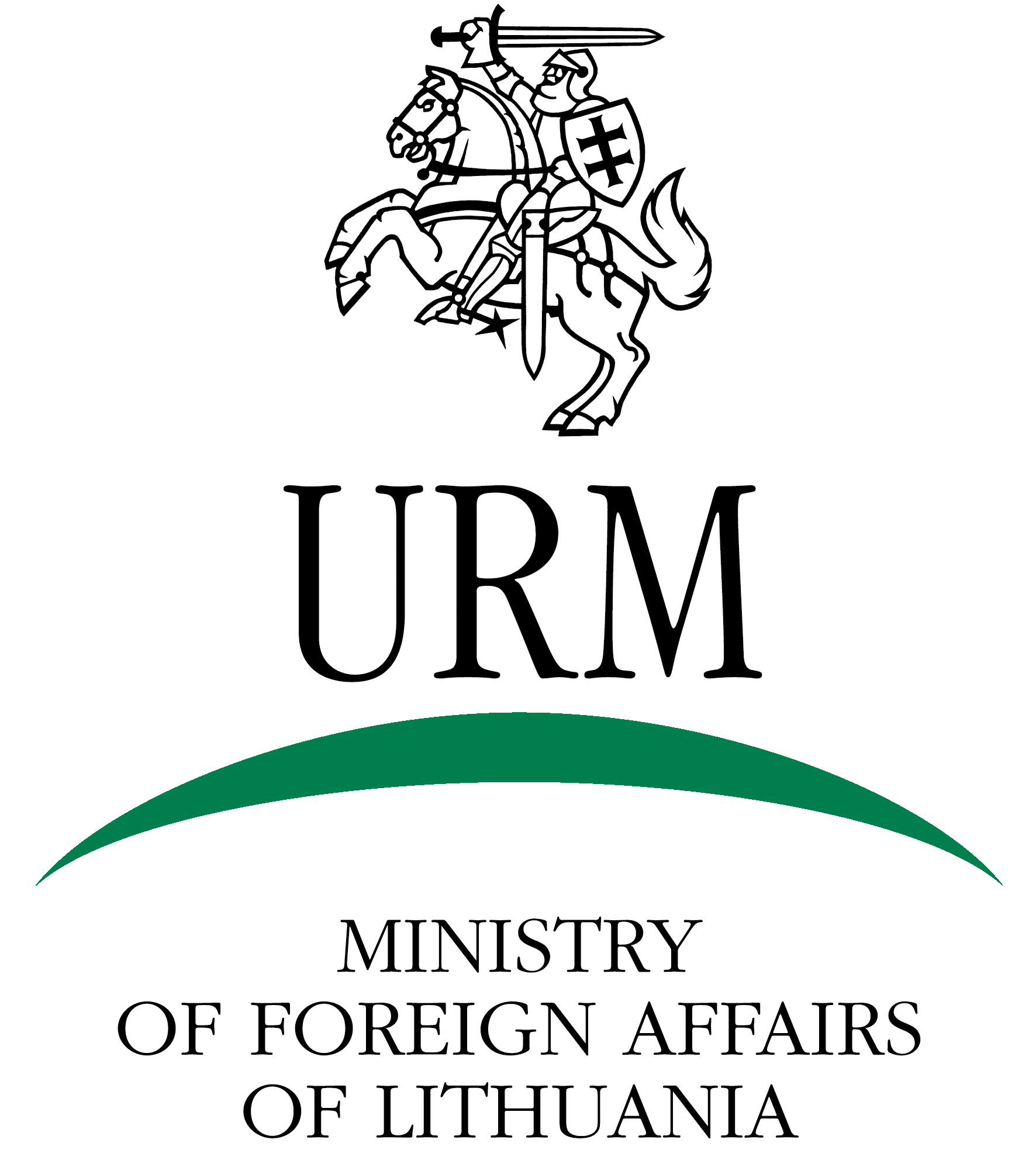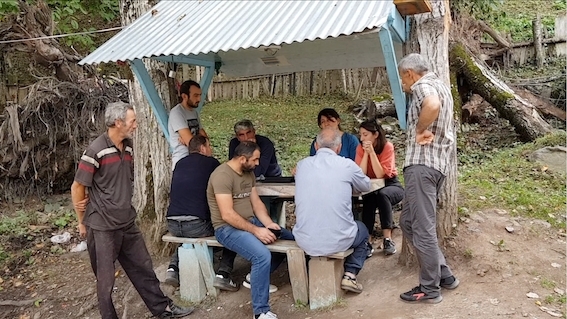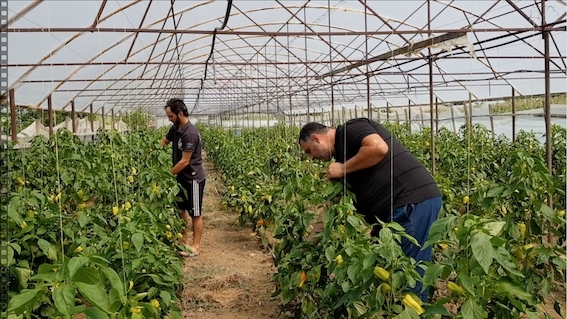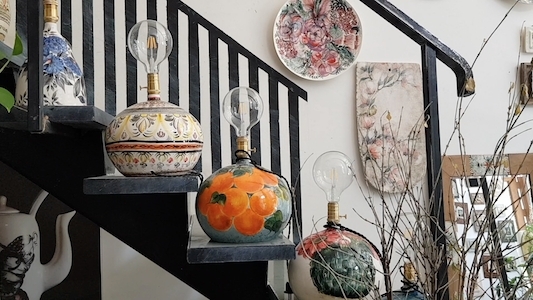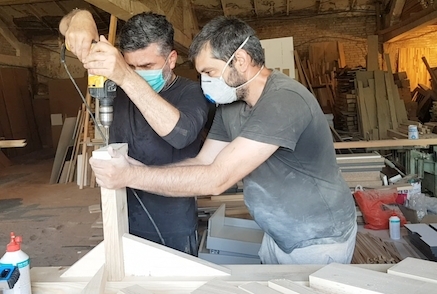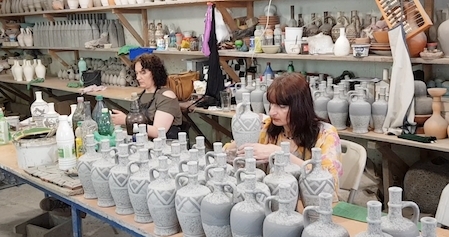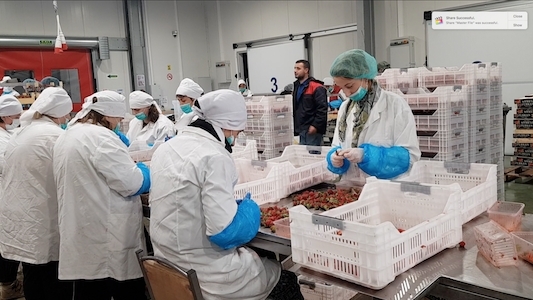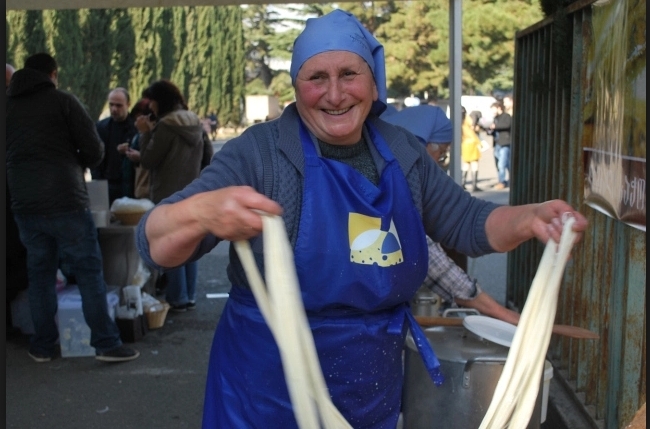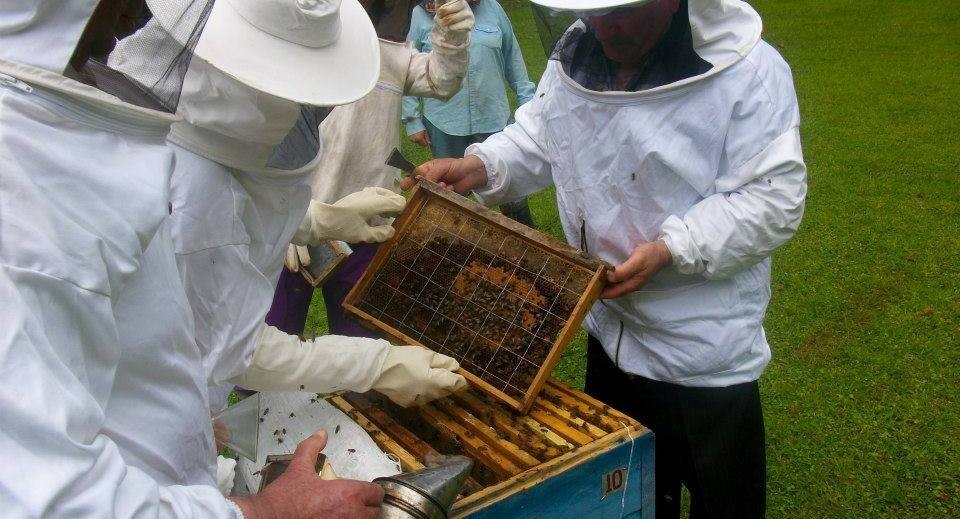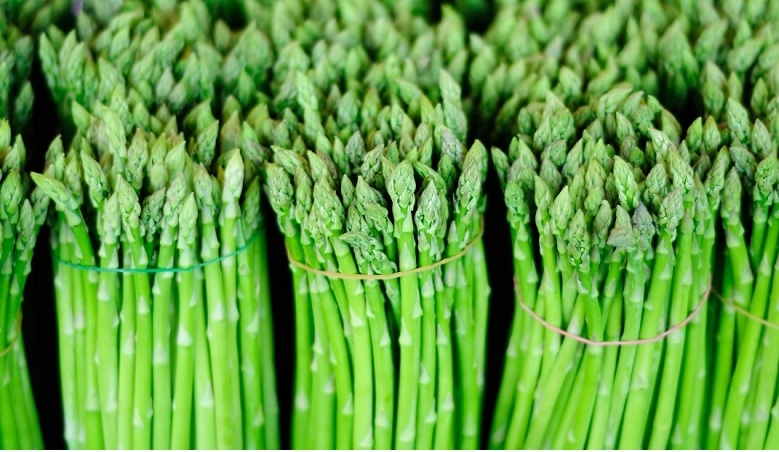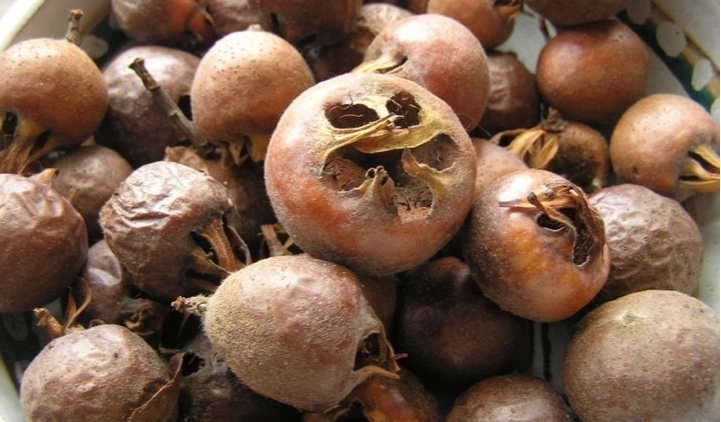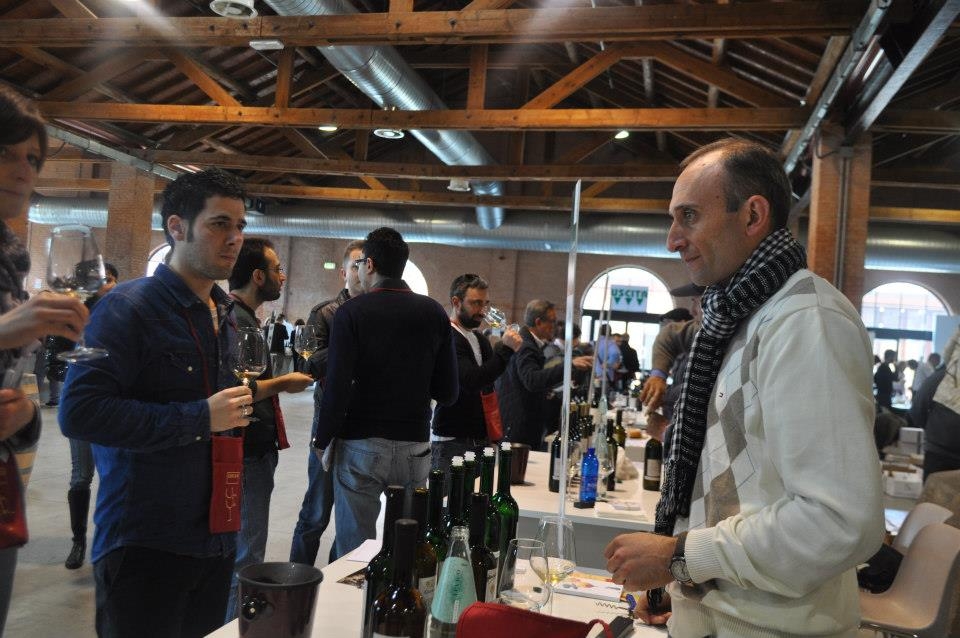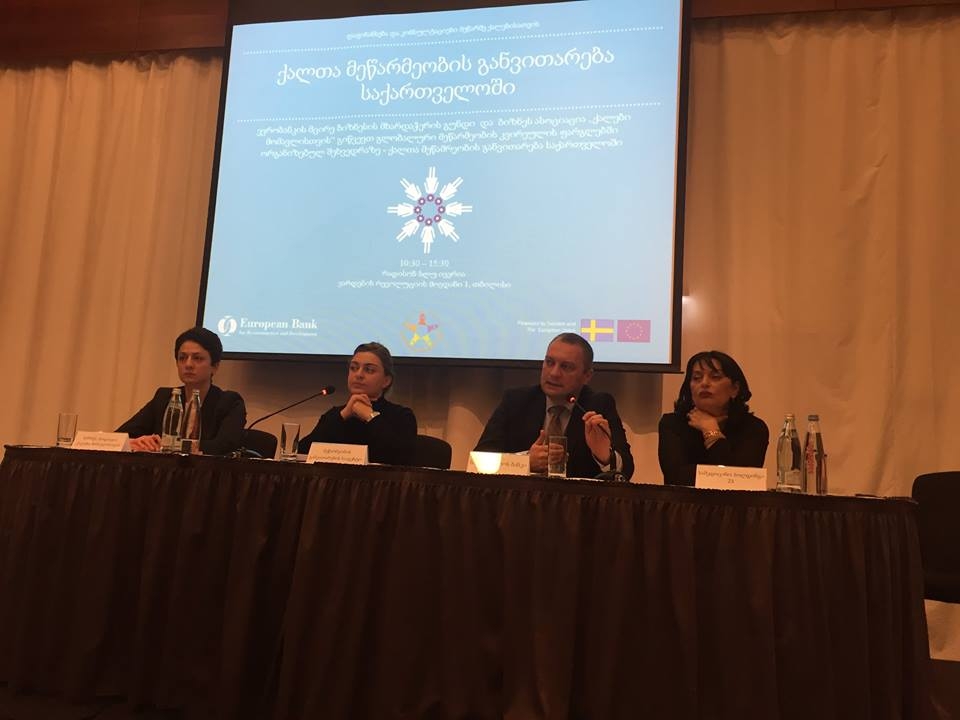Local furniture production is experiencing the shortage of natural wood

Besik Verdzeuli: "Imports of materials containing harmful substances should be limited"
Besik Verdzeuli was one of the initiators of the Georgian furniture cluster, which was established in 2017 with the help of GIZ. About 40 companies joined the cluster, including several natural wood enterprises. Due to the spread of Covid-19, the furniture cluster is currently suspended. The Georgian furniture market, which had many problems, found itself in an even more difficult situation due to the pandemic. The shortage of natural wood, the non-competitive environment, the market saturated with low-quality imported materials, these are just a few of the problems in this sector. Besik Verdzeuli, Chairman of the Board of the Georgian Furniture Cluster, told eugeorgia.info that the activities of the Furniture Cluster are not effective yet due to the existing problems in the field. He talks about the need for the government to support the furniture sector:
"The materials used by furniture manufacturers are almost 100% imported. Several member companies of the cluster have been asking for the use of local wood. We have also prepared a joint project on how to promote the use of natural wood. However, the availability of local raw materials is delayed. It has been for a long time since the state project “business yards” exists. The project was developed with the support of EU. Funds were also allocated for the project and it should have been put into operation a long time ago, but the project is still suspended.
- What does the "Business Yard" project mean?
- The scheme works as follows: private companies should no longer enter the forest for wood. The state itself cuts logs, will bring that row material at the "business yard" and will sell them to private companies through auction. Whoever offers the highest bid will buy the raw material. The company will then process it, dry it, then use it to make furniture or sell it in the form of wood. As a result, quality raw materials will appear on the market. Furniture companies will have the opportunity to produce quality furniture from natural raw materials. "Business yard" is an old method and it is used for the transition period. When the forests are privatized this activity will be taken over by the private sector.
Georgia's furniture sector cannot develop with imported raw materials. Currently the market offers customers almost entirely imported ready-made furniture. Domestic production occupies only 25% of the furniture market. More than 95% of the furniture companies in the country also use imported raw materials. Cutting of oak tree is prohibited in Georgia. As there is little walnut material, we have only beech, but we cannot use it either.
Only a few companies work on local wood raw materials. These are small family enterprises, with shadow businesses, hidden taxes, and rather outdated technology. They have little resources, that is why they cannot invest in machinery and export opportunities do not exist for them. The rest of the furniture industry uses entirely imported raw materials.
My company also imports furniture materials. I have 350 regular clients, large and medium companies and craftsmen. These companies have a development perspective, but they make laminated furniture with MDF and DSP materials, so called. This is not the right raw material which should be used in the production of furniture for export purposes. We will not be able to produce competitive products for the domestic market with this material as well. Turkish, Chinese or Ukrainian furniture manufacturers, whose products are sold in Georgia, are much more powerful companies, they have their own raw materials and large factories in their countries. It is far from the reality to import raw materials from these countries, produce furniture and compete with their products.
If beech is used for furniture production, then the development of this field will be possible. The furniture sector may not be the backbone of the economy, but it will employ many people.
- Local wood raw materials will not be enough for furniture production…
-We have quite a lot of beech, we also have a certain amount of coniferous tree materials. There are so many beeches in Georgia that can be cut to meet the local demand and we can think about the export too. Of course, we cannot completely replace the import of furniture, but if we occupy 15-20% of the market, that would be good. It is quite possible that children's furniture to be made with this natural raw material. I plan to produce children's furniture from ecologically clean materials. I want to be one of the first producer of Georgian children's furniture, so the company will work at a minimum profit.
-The price of the products will be decisive. Furniture made of natural wood is expensive. Will it compete with furniture made from cheap raw materials?
-Of course, the price is important, but the state has the mechanism to support this industry, which is almost dead today. According to our calculations, this field can create products worth 10 billion GEL and employ 80 thousand people. These are real numbers. The specialists calculated that 2 million cubic meters of wood material is available in Georgia. Meters of wood material to be made. If private companies would not have left large quantities of branches in the forest after cutting down trees or boiled beech had not been smuggled into Iran, these raw materials would have been consumed by the local furniture industry. A complete value chain must be created in the country: beech wood must be recycled, one enterprise will saw, another will boil, a third will make furniture, a fifth will trade, and so on.
- In your opinion, apart from arranging a "business yard", what should the government do to help local production?
-Local companies working on natural wood raw materials should participate in the state tenders announced for kindergartens. Kindergartens use furniture made from harmful materials, which is a crime committed against future generations. The state can specify in a tender application that it will buy only natural wooden furniture made of Georgian raw materials. Such furniture will be a relatively expensive, however, the sector will be stimulated, and children’s health will be protected. Today, the price is crucial in state tenders, and the quality of children's furniture is not paid attention to, which is wrong.
The country imports laminated MDF material coated with formaldehyde. Its combustion releases harmful substances. Its waste is often incinerated near settlements, directly in the open space, or used in greenhouses and for heating homes. We have alarming facts about its harmful effects on health. Inexpensive and substandard Chinese materials are attached with fake marks of origin, taken as German, Austrian or Spanish products. This is how the consumer is misled, the origin of the product is falsified, even in state tenders, these products are often harmful, so their import should be taxed with excise tax. The market for raw material is completely out of control. Import of low quality, harmful substances should be restricted, and quality standard should be set. This may create bureaucratic problems, but a certain kind of standard must be existed. The use of high-quality raw materials will make the products more expensive and the population may find it difficult to buy it, but if we are going to the EU, we have to solve this problem.
The introduction of excise tax on the imported material will increase its price. As a result, natural wood furniture market will become more competitive. If the domestic market is not developed, we will not be able to export our products. The development of the field is essential. Small companies do not have the capacity to invest in large factories and work on exports. The productivity of natural wood furniture manufacturers is very low. They cannot find foreign partner and do not have the financial resources nor the raw materials for stable supply. These enterprises do not have modern technologies, they have rented space, they need qualified staff and have many other problems.
Jewish businessmen from the USA offered me cooperation, we had to do joint production, furniture with a combination of iron and wood. They asked to send 1-2 containers per month, but we could not agree because we did not have the guarantee of stable delivery. We had an offer from a French company – to order a large amount of pallet. I contacted all sawing enterprises, but no one could promise to fulfill at least half of the order. This is because there are no stable raw material resources in the country.
The state tax policy should be reviewed. They still must manage arranging equal positions with Turkish companies. We are in a non-competitive environment with Turkish companies because exports are stimulated by their government. Our state, first, should take care on local production. If standards are set for quality, substandard materials will no longer be used in production and demand will increase for natural wood. If we want to be like Europe, we have to use quality furniture and we have to pay for it.
In order to encourage companies, the state should implement joint projects of furniture companies and designers, organize exhibitions. The government should focus on relevant training for personnel and not in the way that is now taught in colleges.
Author: Nona Kvlividze
The article is prepared with the financial support of the Ministry of Foreign Affairs of Lithuania and "Development Cooperation and Democracy Promotion Programme."
